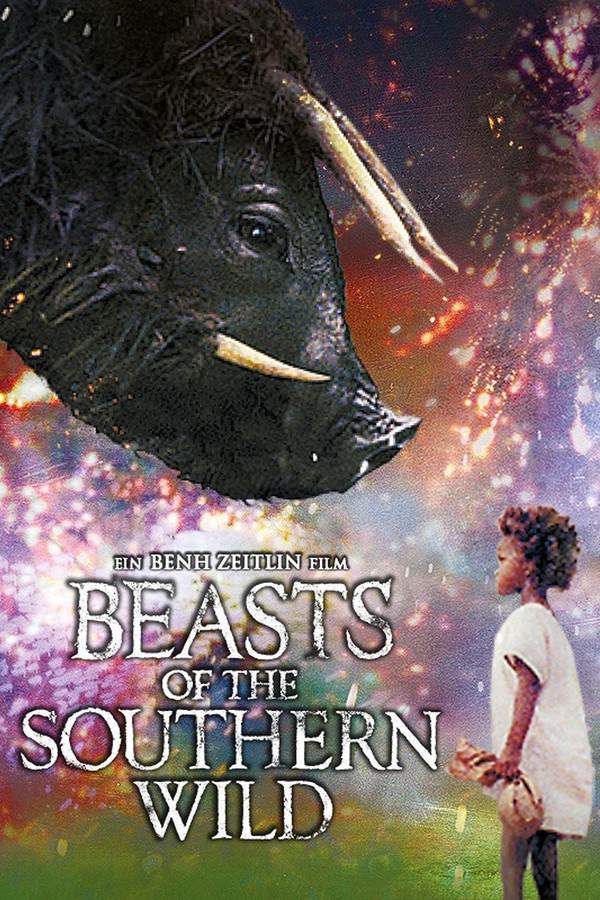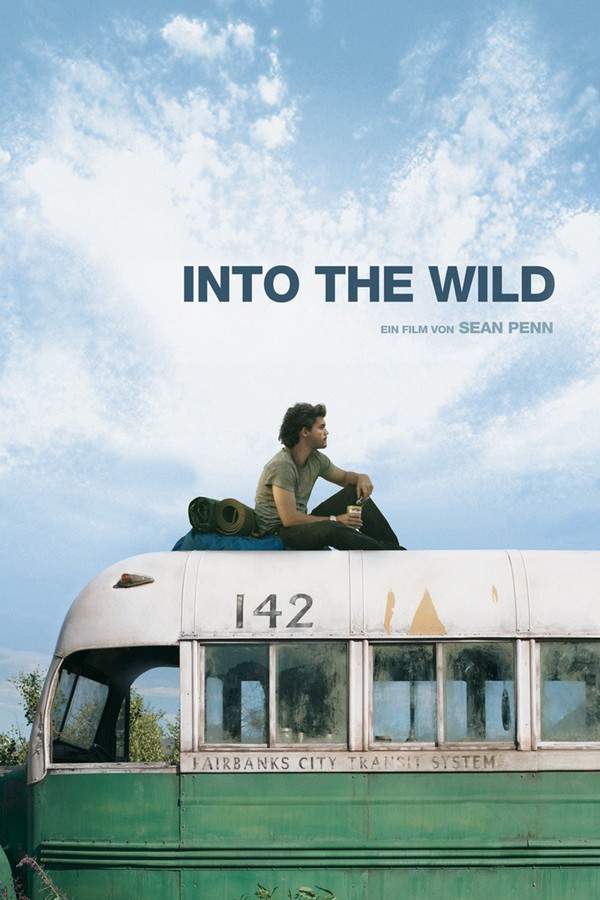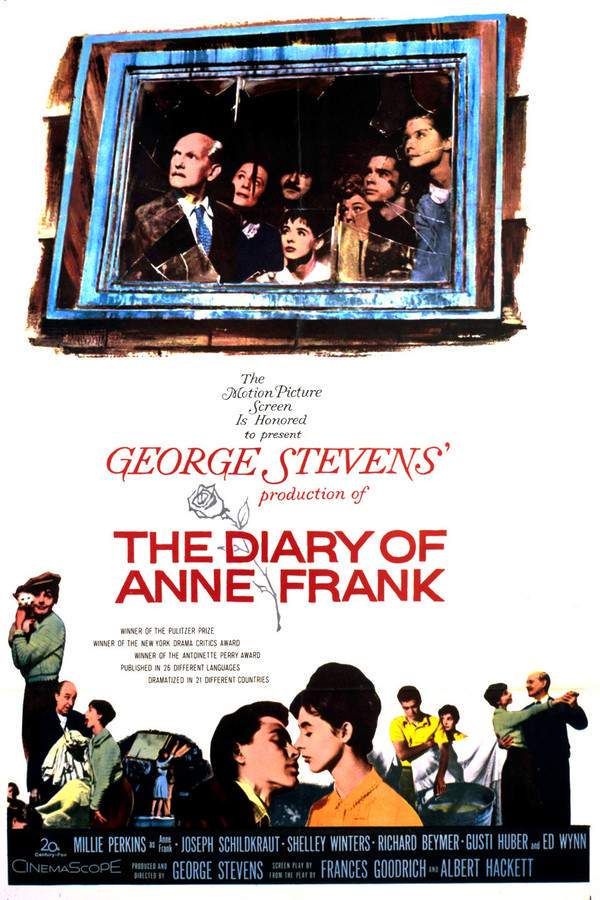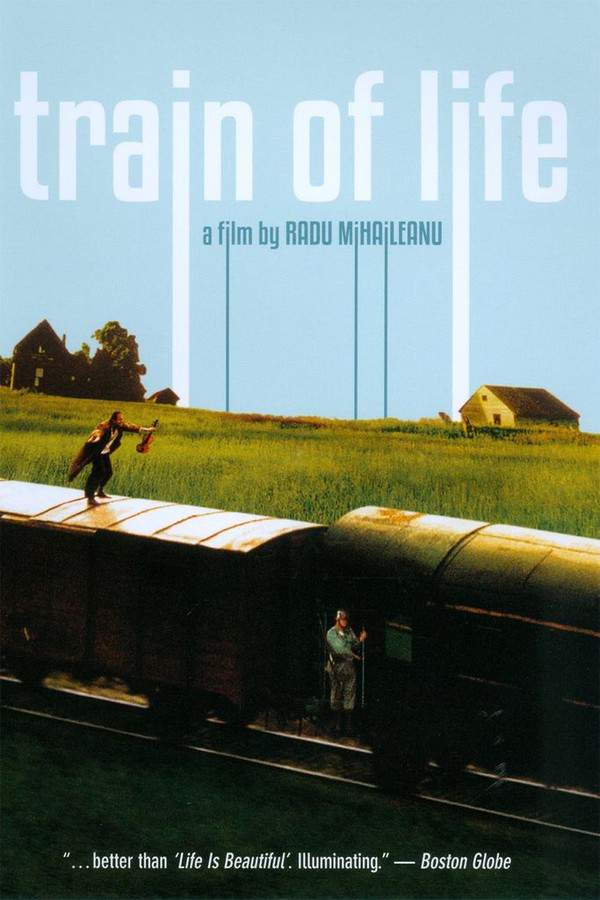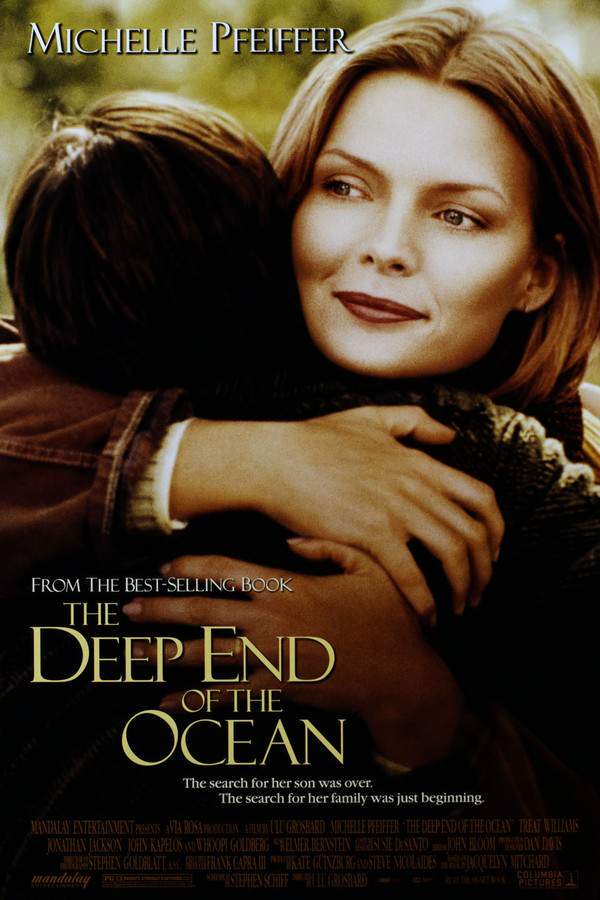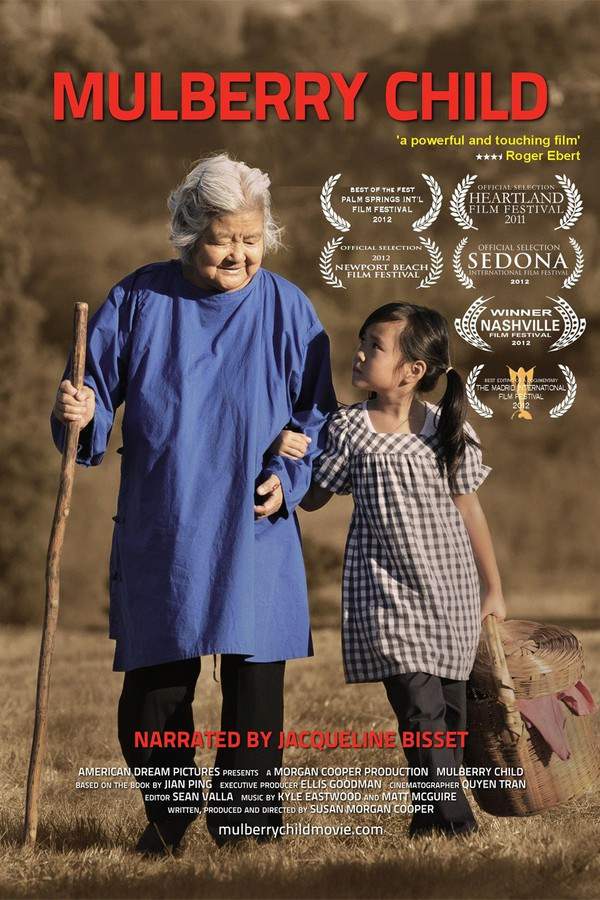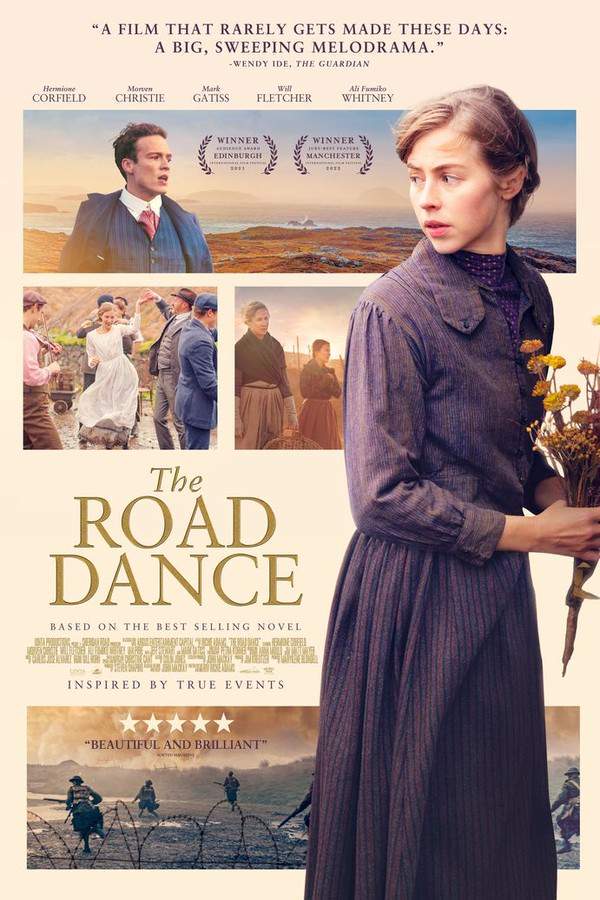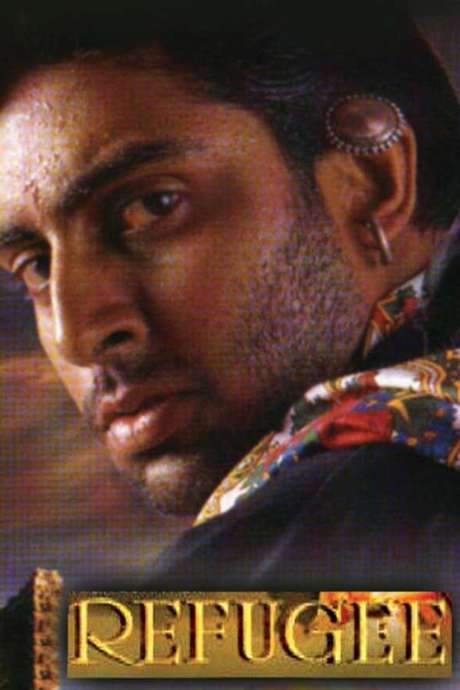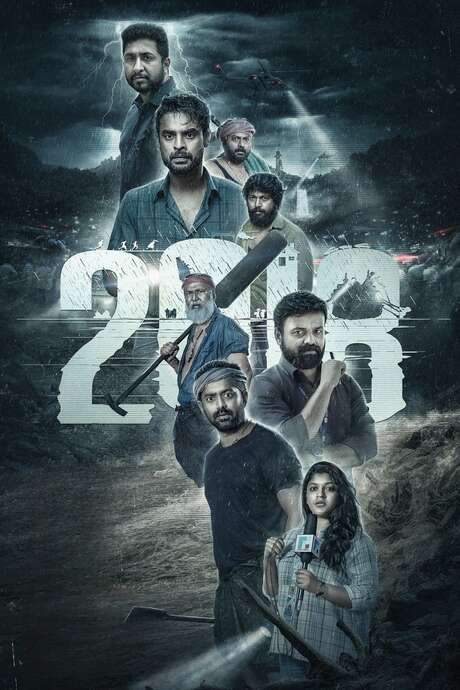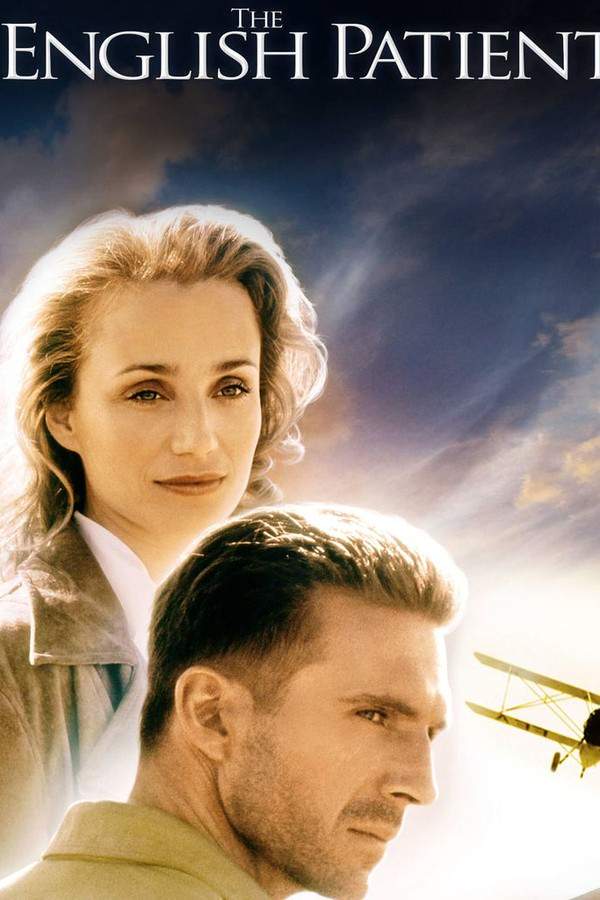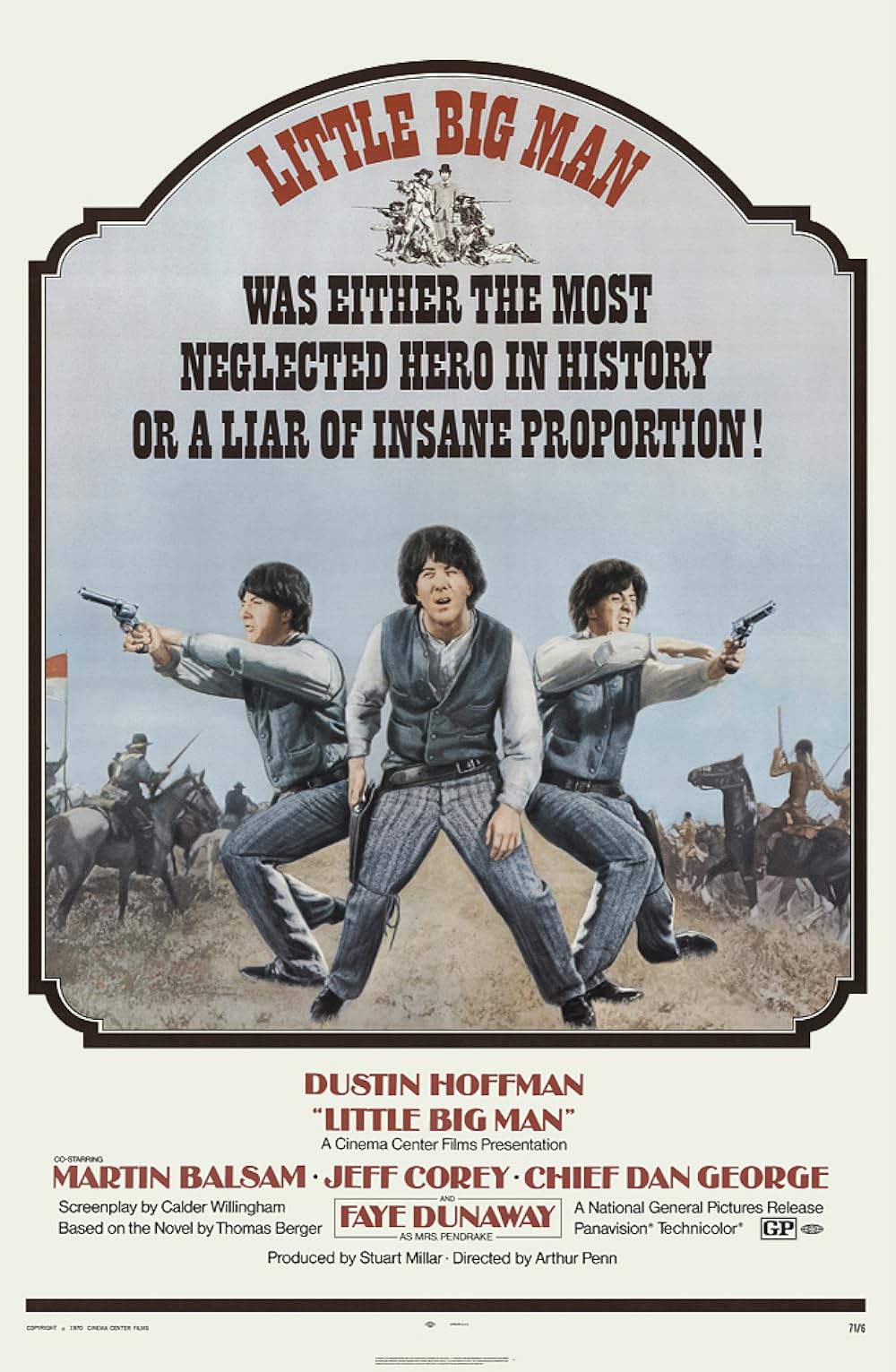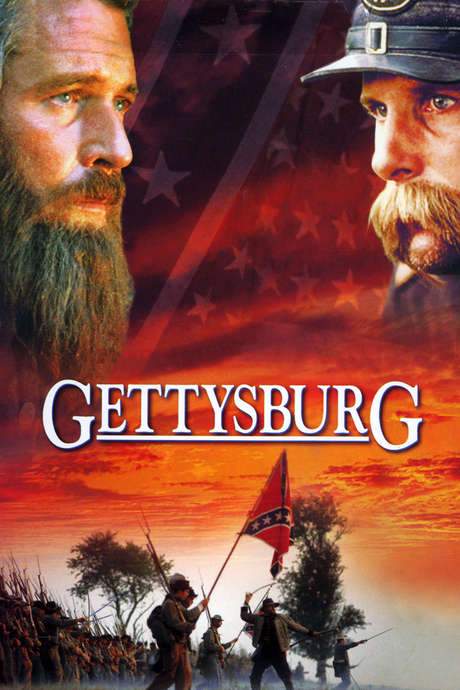
The Crossing
Year: 2015
Runtime: 55 mins
Language: English
Director: George Kurian
This film offers a raw and intimate portrayal of Syrian refugees risking everything to reach Europe. They embark on a dangerous journey across land and sea aboard a dilapidated fishing boat guided by smugglers. Facing immense hardship, the refugees ultimately arrive in Europe, where they confront complex regulations and the challenges of rebuilding their lives in unfamiliar surroundings. The story explores the resilience of the human spirit and the profound desire for safety and a chance at a new beginning.
Warning: spoilers below!
Haven’t seen The Crossing yet? This summary contains major spoilers. Bookmark the page, watch the movie, and come back for the full breakdown. If you're ready, scroll on and relive the story!
The Crossing (2015) – Full Plot Summary & Ending Explained
Read the complete plot breakdown of The Crossing (2015), including all key story events, major twists, and the ending explained in detail. Discover what really happened—and what it all means.
In a brutal clash on the Manchurian front, the Chinese National Revolutionary Army battles the Imperial Japanese Army as Major General Lei Yifang boldly orders a direct assault against the wishes of his subordinates. The initiative pays off with a decisive breakthrough, and the Japanese lines crumble. Yet the victory comes at a cost: Dr. Yen Zekun, a Chinese field medic conscripted into the Japanese army, is captured and shipped to a POW camp in Fengtian. Lei’s triumph earns him a promotion to lieutenant general, while Yen’s fate remains uncertain as he clings to a letter from his Japanese lover, Masako.
A few years pass, and the Chinese Civil War resumes its pendulum of hope and hardship. Yu Zhen, a poor, illiterate young woman in Shanghai, volunteers as an orderly at a Nationalist hospital, clutching a dream of reuniting with her long-distance sweetheart, Yang Tianhu, who fights on the Communist side. On the other side of fortune, Lei Yifang catches the eye of the wealthy debutante Zhou Yunfen at a charity ball hosted by her aristocratic family, and their immediate, undeniable attraction blossoms into marriage, despite warnings from Zhou’s mother about getting involved with a soldier. The wedding photos, taken at the same studio that later frames the couple, become a quiet symbol of two worlds colliding: the glamour of wealth and the grit of war.**
The following year, a man named Tong Daqing, a signal corps sergeant, crosses paths with Yu outside the studio. He hires Yu and a borrowed baby to stage a pretend family photograph—proof of marriage that could secure better food rations for their households. After a chaotic protest disperses by police and soldiers, a bitter twist unfolds: Yen Zekun appears with his own photos and commissions an altered image to imply a relationship with Masako, complicating loyalties and memory. Tong and Yu retreat to a noodle shop, where Tong explains the system of soldier identification numbers, while Yu quietly imagines the man she loves. Tong, misreading her gratitude as a confession of affection, misreads the signal and misjudges the nature of Yu’s longing.**
Meanwhile, Zhou, now pregnant, voices doubts about Lei’s plan to send her away to Taiwan. Lei reassures her, even as her parents whisk her and her sister onto the Taiping, a ship bound for safety and change. A photographer captures Lei in the background as he secretly watches Zhou depart, a trace of his longing preserved in a later image. Tong’s soldiers view Yu’s posed family portrait with a mixture of curiosity and fantasy, unaware of the fragile truth behind the image. Yu’s own life takes a harsher turn as she struggles to find work, resorts to dancing, and eventually turns to prostitution in a bid to survive and to fund hopes of reaching Taiwan to reconnect with her missing lover. The city’s war-driven economy collapses around her, and she endures the bustle and noise of a club that is shut down by a government trying to conserve resources for the war effort.
As the Huaihai Campaign intensifies, Lei’s 12th Army finds itself boxed in with supply lines severed. An attempted breakout is countermanded, triggering a sense of déjà vu for Lei as he reflects on battles fought decades earlier against foreign invaders—now being fought against compatriots. In Taiwan, Zhou’s world shifts again when she replaces a painting in her music room and discovers Masako’s diary along with original sheet music hidden behind it. The diary reveals that the house Zhou now occupies once belonged to Masako, and the discovery deeply personalizes Zhou’s relationship with Masako’s memory. A private meeting by the lighthouse with Yen deepens this bond: Zhou asks Yen to tell her about Masako so she can draw inspiration for a song she plans to dedicate to Lei. Yen explains how he and Masako met as artists, how his mother once sold Masako’s mother a piano—now in Zhou’s hands—and how their love stories were shaped by the legacies of colonization and cultural shifts.**
Back at the front, Tong remains a steady, unspoken thread between the two worlds. He helps fix Lei’s radio and shares a moment of kinship with Lei over family portraits. In the enemy trenches, morale among the Communist soldiers grows as civilians bring food and hope, while Nationalist troops starve. Lei’s decision to shoot his own horse for meat underscores the harshness of command, and a tense encounter with a local enemy comrade turns into a fragile moment of truce over a shared rabbit meal. The propaganda loudspeakers and the subterranean sappers create a claustrophobic, claimer environment as the two sides trade courtesy and suspicion. When the 108th Division defected to the Communists, Tong’s loyalty becomes a critical test. Lei’s temper flares as he learns of the betrayal, but he also sees the human cost of command and the way fear and duty drive people in opposite directions. Tong’s return to the command post with news of the defection becomes a pivotal moment that forces Lei to confront the reality that victory may require impossible choices.
As battle rages, Lei offers a quiet gesture of trust: he hands Tong a chance to carry the diary he has kept for his wife and instructs him to ensure that Zhou receives these intimate writings. Lei’s final arc culminates in a devastating blow when a tank shell strikes his command post, leaving his fate ambiguous and ending his direct leadership in a burst of smoke and memory. Tong’s courage in the face of chaos—staying to fight, saving comrades, and ultimately bearing the responsibility of Lei’s last wishes—becomes a testament to the personal bonds forged amid the war’s chaos. The first part closes on the weight of unanswered questions and the ache of lovers separated by history, with Tong carrying not just the diary, but the memory of Lei and the hope that Zhou will find a way to receive it.**
Part II shifts to the Taiwan-bound exodus of 1949 and the fragile dawn of a new era. Three couples flee China for Taiwan, their voyage cut short by a drunken captain who collides with another ship, sending the vessel to a rapid, perilous sinking. Amid the chaos, Yen Zekun—now a survivor who uses his medical knowledge to aid the injured—faces a brutal test of endurance as lifelines fray and ambitions turn selfish. He ends up gravely wounded or dying after a standoff where his own life becomes a fragile thread in the water, his memories of Masako and the life they shared playing out in a final vision as he sinks into the sea. Yu Zhen, who used to be a nurse, helps Yen in his last moments; she is eventually reunited with Tong Daqing, who has endured his own losses and holds onto the hope of reclaiming Lei Yifang’s diary. Tong discovers that the diary has slipped from Lei’s side and is recovered by Yu Zhen, who continues to guard the memory of the man who believed in her. The two survivors cling to wreckage, finding a fragile salvation as an Australian warship HMAS arrives to rescue them along with thirty-one others. The dawn brings a quiet sense of second chances and unresolved questions as the ship’s discovery becomes a promise of reunion rather than a clean break. Four months later, Zhou Yunfen gives birth to Lei Yifang’s son, a new life that embodies a bridge between past and future, even as she waits for news of her husband. Tong Daqing arrives bearing the heavy news of Lei’s probable death, yet also delivering the long-awaited diary that Yu Zhen helped secure. Zhou’s gratitude toward Tong and Yu Zhen is tempered by the ache of a husband lost to war, even as the diary’s pages offer a path to closure and the enduring memory of a love that time could not erase.
In the end, the film binds two epochs through the tenderness of memory and the resilience of those who survive war’s wreckage: the diaries, the music, and the photographs act as fragile threads tying together lives that were torn apart by history but kept alive by acts of care, loyalty, and quiet courage. The enduring connection among Yu Zhen, Tong Daqing, Zhou Yunfen, and the men and women they loved—whether in Shanghai, Taiwan, or the battlefields—speaks to a shared longing for home, and the belief that art, memory, and small acts of kindness can outlast even the fiercest storms.**
Last Updated: October 09, 2025 at 15:50
Explore Movie Threads
Discover curated groups of movies connected by mood, themes, and story style. Browse collections built around emotion, atmosphere, and narrative focus to easily find films that match what you feel like watching right now.
Humanitarian Documentaries About Displacement Like The Crossing
Intimate documentaries following individuals forced to flee and rebuild their lives.Explore more movies like The Crossing that offer intimate, firsthand accounts of refugee experiences. These documentaries share a similar focus on survival, the harsh realities of migration, and the bittersweet hope of building a new life, often with a heavy emotional weight.
Narrative Summary
The narrative pattern follows individuals or groups as they are forced from their homes, endure a dangerous journey, and navigate the complex challenges of assimilation or survival in a new place. The journey is often the central focus, highlighting both external obstacles and internal emotional struggles.
Why These Movies?
These films are grouped together because they share a documentary approach to a pressing global issue, prioritizing real human stories over sensationalism. They possess a similar tone of profound gravity, high intensity from life-or-death stakes, and a focus on resilience amidst immense hardship.
Emotionally Heavy Historical Epics Like The Crossing
Sweeping stories where survival is a victory, but the cost of war is profound.If you were moved by the scale and emotional depth of The Crossing, discover other movies with a similar epic feel. These films often deal with wartime survival, personal sacrifice, and displacement, delivering a powerful, complex, and bittersweet viewing experience.
Narrative Summary
Stories in this thread often weave together multiple character perspectives against a backdrop of large-scale conflict or disaster. The plot moves between chaotic, high-intensity survival sequences and slower, more intimate moments that explore memory, love, and loss, culminating in an ending that acknowledges survival but mourns what was lost.
Why These Movies?
These movies share a specific emotional mix: they are epic in scope yet intimately devastating. They are united by a high emotional weight, complex narratives, a bittersweet tone that balances hope with tragedy, and a variable pacing that shifts from intense action to somber reflection.
Unlock the Full Story of The Crossing
Don't stop at just watching — explore The Crossing in full detail. From the complete plot summary and scene-by-scene timeline to character breakdowns, thematic analysis, and a deep dive into the ending — every page helps you truly understand what The Crossing is all about. Plus, discover what's next after the movie.
The Crossing Timeline
Track the full timeline of The Crossing with every major event arranged chronologically. Perfect for decoding non-linear storytelling, flashbacks, or parallel narratives with a clear scene-by-scene breakdown.

Characters, Settings & Themes in The Crossing
Discover the characters, locations, and core themes that shape The Crossing. Get insights into symbolic elements, setting significance, and deeper narrative meaning — ideal for thematic analysis and movie breakdowns.

The Crossing Spoiler-Free Summary
Get a quick, spoiler-free overview of The Crossing that covers the main plot points and key details without revealing any major twists or spoilers. Perfect for those who want to know what to expect before diving in.

More About The Crossing
Visit What's After the Movie to explore more about The Crossing: box office results, cast and crew info, production details, post-credit scenes, and external links — all in one place for movie fans and researchers.


